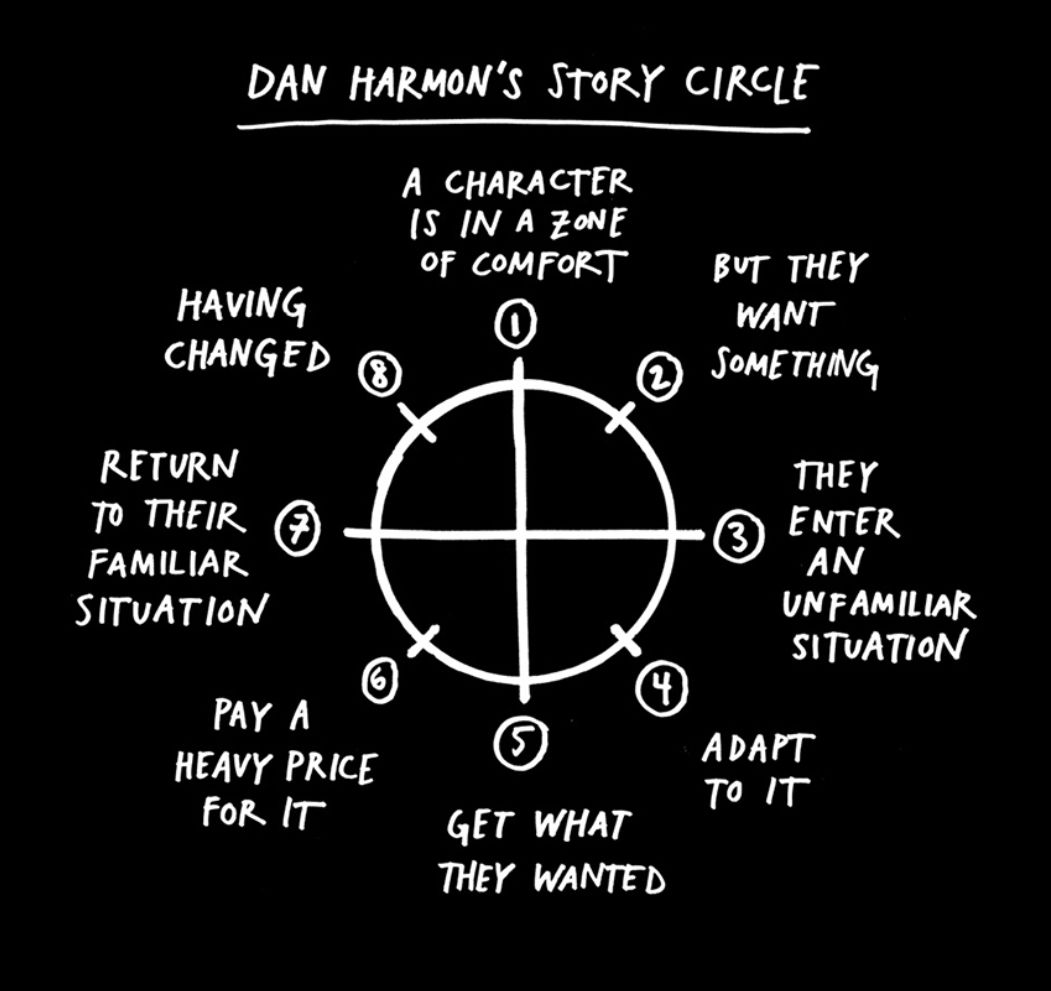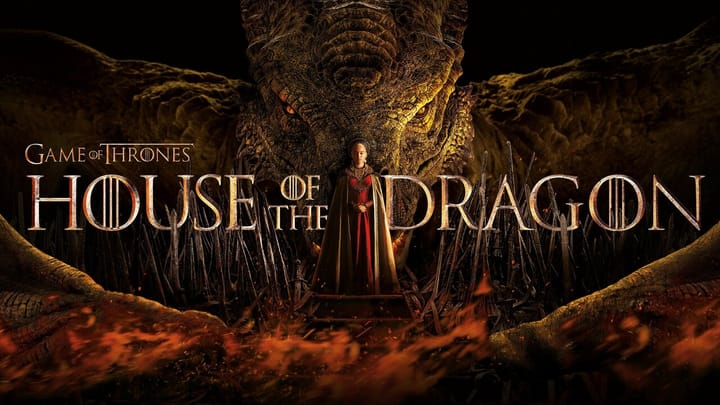Show Your Work by Austin Kleon Summary
The fellow pupil can help more than the master because he knows less. The difficulty we want him to explain is one he has recently met. The expert met it so long ago he has forgotten.

11 lessons:
- A new way of operating.
- You don't have to be a genius.
- Think process, not product.
- Share something small every day.
- Open up your cabinet of curiosities.
- Tell good stories.
- Teach what you know.
- Don't turn into human spam.
- Learn to take a punch.
- Sell out.
- Stick around.
Lesson 1: A new way of operating
- 'Showing your work' means posting what you learn (at work, college, or from books) on your blog, social media, or YouTube.
- Showing your work is the key to success in the digital age.
"Imagine if your next boss didn’t have to read your résumé because he already reads your blog. Imagine being a student and getting your first gig based on a school project you posted online. Imagine losing your job but having a social network of people familiar with your work and ready to help you find a new one. Imagine turning a side project or a hobby into your profession because you had a following that could support you."
Lesson 2: You don't have to be a genius
- The great works were not created by a lone genius who was born with innate talent. All great works and inventions were created through team work — many minds taking ideas from each other.
- You don't need to be an expert to show your work, beginners are better at teaching beginners than experts. The experts learned the basics so long ago that they don't remember how to teach them well.
Lesson 3: Think process, not product
- You can blog, post a picture of a sketch in progress, or vlog the behind the scenes. You can show as much (or as little) work as you want.
- By showing the day-to-day, you create a unique bond with your audience.
- Document your work regardless of if you share it or not. (Take notes, video record, audio record, etc.)
Lesson 4: Share something small every day
- “Overnight success is a myth. Dig into almost every overnight success story and you’ll find about a decade’s worth of hard work and perseverance.”
- “The form of what you share doesn’t matter. Your daily dispatch can be anything you want—a blog post, an email, a tweet, a YouTube video, or some other little bit of media. There’s no one-size-fits-all plan for everybody.”
- What if you don’t have the time? Everyone has the time. Cut back on an hour of watching TV, scrolling social media, or get an hour less sleep.
- Only post things that you’d be comfortable having your employer see.
- Don’t let showing your work get in the way of doing your work. Try to limit the 'showing of work' to 30 minutes a day. It could be as short and quick as a Tweet.
- Remember that you’re posting: “...because you think it might be helpful or entertaining to someone on the other side of the screen.”
- You need a website (blog) because social media platforms could disappear. And when they disappear, your content and followers disappear too.
Lesson 5: Open up your cabinet of curiosities
- “There’s not as big of a difference between collecting and creating as you might think.” Good writers are good curators. They find the best ideas and rewrite them more clearly in their own words.
- “We all love things that other people think are garbage. You have to have the courage to keep loving your garbage, because what makes us unique is the diversity and breadth.”
Lesson 6: Tell good stories

- “The stories you tell about the work you do have a huge effect on how people feel and what they understand about your work, and how people feel and what they understand about your work effects how they value it.”
- “Author John Gardner said the basic plot of nearly all stories is this: “A character wants something, goes after it despite opposition (perhaps including his own doubts), and so arrives at a win, lose, or draw.”
- Why you need to get good at telling stories: “Every client presentation, every personal essay, every cover letter, every fund-raising request—they’re all pitches. They’re stories with the endings chopped off.”
- “Value their time. Be brief. Learn to speak. Learn to write. Use spell-check. You’re never “keeping it real” with your lack of proofreading and punctuation, you’re keeping it unintelligible.”
Lesson 7: Teach what you know
- “You can watch [barbecue] tutorials over and over, but are you ready to start spending 22 hours a day smoking meat that will sell out in two hours? Probably not. If you’re me, you’ll pay the $13 per pound even more gladly.”
- The key to a great business is figuring out how to make an education product. “The minute you learn something, turn around and teach it to others.”
- “Best of all, when you share your knowledge and your work with others, you receive an education in return. Author Christopher Hitchens said that the great thing about putting out a book is that “it brings you into contact with people whose opinions you should have canvassed before you ever pressed pen to paper.”
Lesson 8: Dont turn into human spam
- The defining characteristic of 'human spam' is that they want to create without becoming a curator first. They want to write without being a reader first. They want to make great music without studying the greatest artists.
Lesson 9: Learn to take a punch
- Don’t take criticism personally.
- Delete nasty comments and block trolls.
Lesson 10: Sell out
“Sellout . . . I’m not crazy about that word. We’re all entrepreneurs. To me, I don’t care if you own a furniture store or whatever—the best sign you can put up is sold out.”—Bill Withers
- Work a part time job so that you can spend the rest of your time developing your website and social media.
- Build an email list. Social media followers can go away. An email list doesn't go away.
- “I know people who run multimillion-dollar businesses off of their mailing lists. The model is very simple: They give away great stuff on their sites, they collect emails, and then when they have something remarkable to share or sell, they send an email. You’d be amazed at how well the model works.”
- When you achieve success, “[Give credit to] your teachers, your mentors, your heroes, your influences, your peers, and your fans.”
Lesson 11: Stick around
“Anyone who isn’t embarrassed of who they were last year probably isn’t learning enough.” – Alain de Botton
- Stories have good parts and bad parts. When you quit, your story ends. Whether the story ends at a good or bad part depends on when you quit.
- Master many different skills, then combine your talents and make a great work.



Comments ()